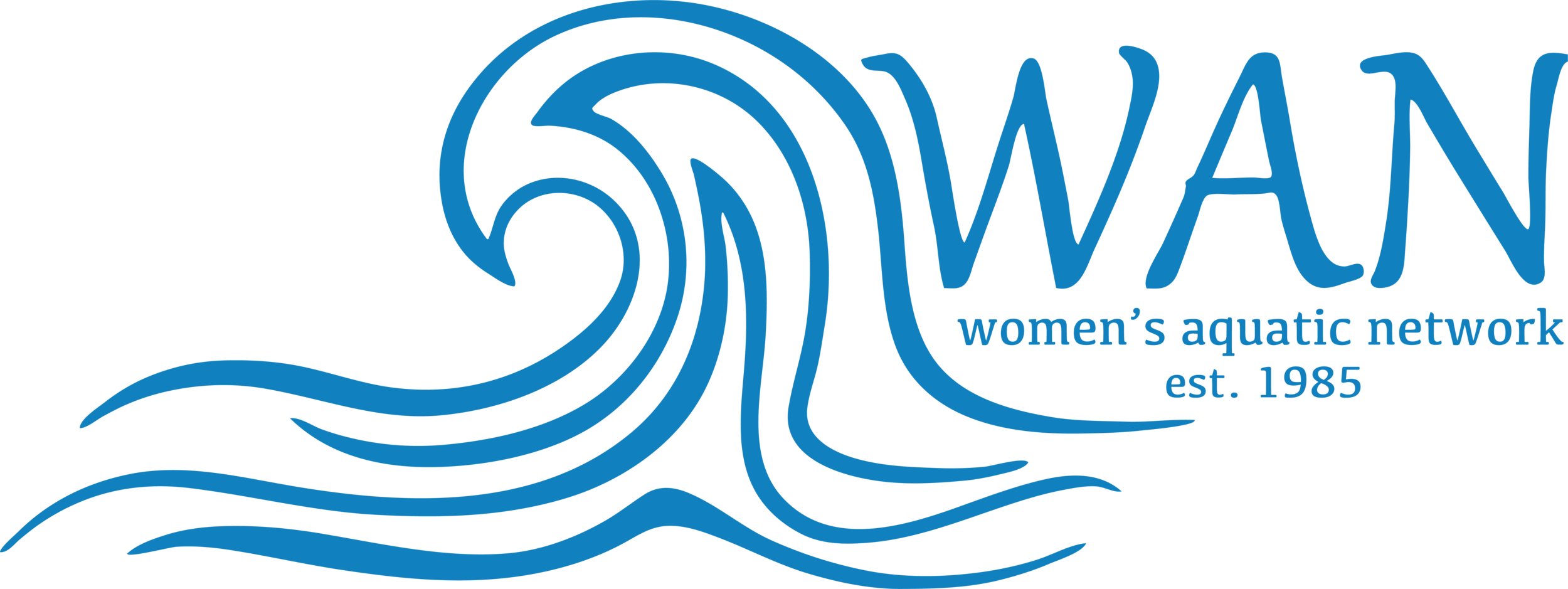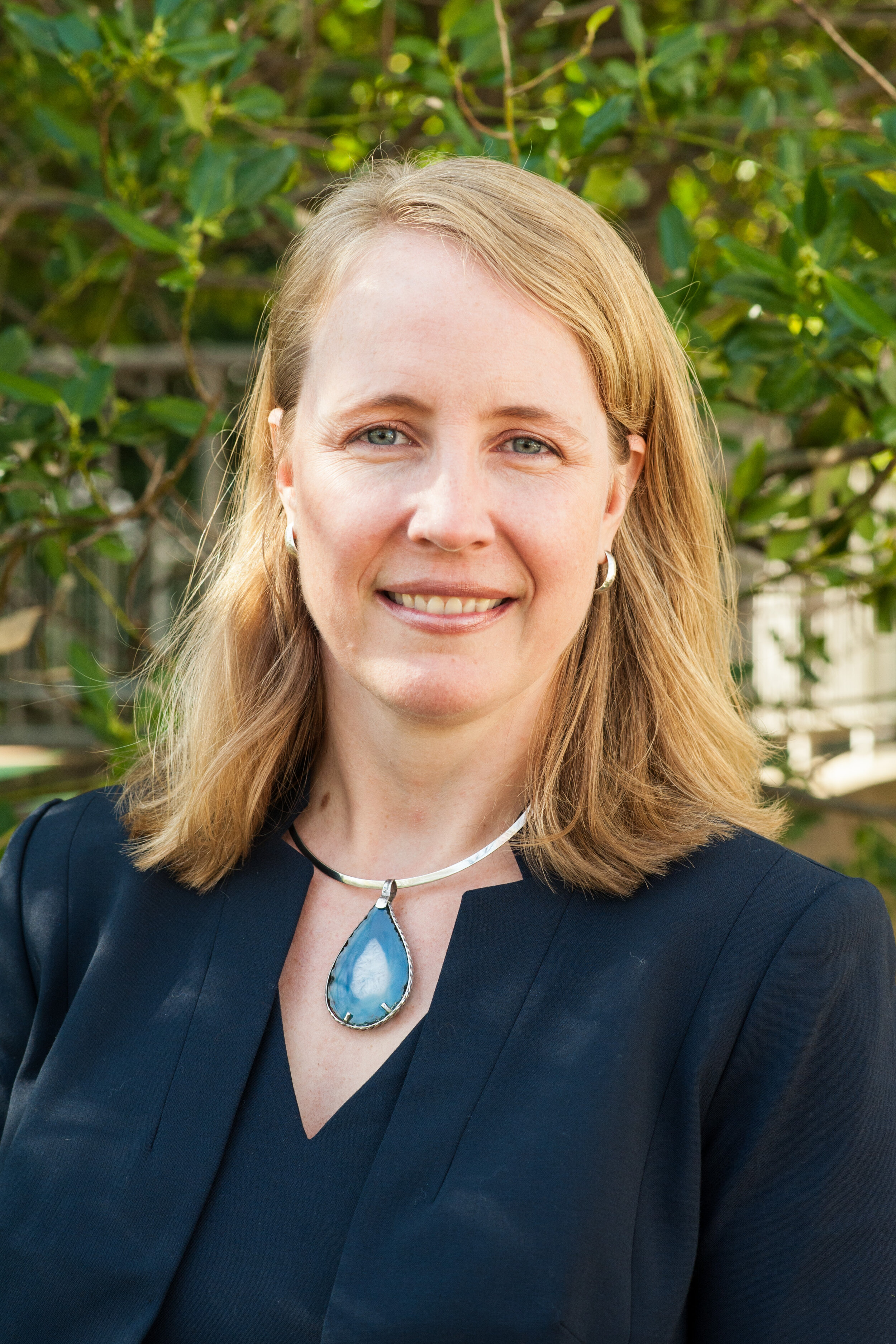WAN Reflections: A Conversation with Monika Thiele, former Executive Board President 2008-2010
As a celebration of WAN’s 35th year anniversary, we are pleased to bring you this interview with Monika Thiele, who served as President of the WAN Executive Board when WAN celebrated its 25th anniversary. Monika currently works as an International Policy Specialist for the U.S. Fish and Wildlife Service, working to implement the United Nations Convention on the International Trade in Endangered Species of Wild Fauna and Flora (CITES), with a focus on marine species.
WAN EB: Monika, thank you so much for sitting down with us to share your story! You were an officer of the WAN Executive Board for 5 years, and served as President for about 3 – tell us about your experience. How did you first come to join the Executive Board?
MT: Prior to joining the Executive Board, I had enjoyed participating as a WAN member, benefiting greatly from professional networking events as I pursued my career goals after graduating with my Masters in Marine Affairs from the University of Washington. Taking an interest in WAN activities, I began joining board meetings and volunteered to organize one of the holiday party events, in 2005 or 2006. It was so much fun and such a success that the board invited me to take on a Program Coordinator role. I don’t remember the specific dates but at some point, I became the Secretary and then eventually the Chair/President, around 2007. At the time, WAN needed more hands on deck. The existing leadership had been carrying the baton for a long time and needed a break. When I stepped in, I immediately began identifying other women leaders to join the board. I was looking for specific skillsets and professional affiliations to ensure the Board reflected the diverse community we were serving and would be able to provide the high-quality events for which we were known. I really wanted to honor WAN’s legacy of advancing and empowering women in ocean, coastal and aquatic fields. I also saw a need to strengthen the network in order to bridge a membership gap between young professionals and more senior professionals.
WAN EB: It seems like you inherited a full plate! What were some of your priorities as WAN President?
MT: Yes, it was such a privilege to carry on the WAN mission. We wanted to not only build upon but also enhance the existing programming. A large part of our effort focused on growing our membership, on fundraising, and on streamlining internal operations for the Board. We created new online platforms for event announcements and registrations, refurbished the old website, doubled our budget, updated our financial accounting tools and rebranded the organization to make WAN more accessible and approachable to all (men and women). We also updated our outdated DC nonprofit corporation paperwork and codified roles and responsibilities for Board positions, which made future officer turnover so much easier. It was so much fun working with this incredible group! I’d like to specifically thank Ruth Howell, Winnie Lau, Kassandra Cerveny, Suzanne Garrett, Nadine Bartholomew, and Katrina Lassiter for their dedicated work over this time period.
WAN EB: What a tremendous effort. I can tell you the Executive Board is still benefitting from your leadership and internal organization. You also developed some new activities during your tenure; can you share a few?
MT: In an effort to expand our membership and engage more senior professionals, we had the idea to create an Advisory Board. The purpose was to tap into the knowledge of WAN alumni officers and other ocean leaders to help guide WAN operations and expand our network. I understand the Advisory Board still exists?
WAN EB: Indeed, it does! Our Advisory Board is instrumental in providing the WAN Executive Board with advice and guidance. In addition to these internal upgrades, were there any external-facing changes you implemented?
MT: We increased the frequency of our professional networking events to a quarterly basis and continued raising funds for the EnvironMentors Scholarship. Seeing an influx of ocean professionals in the DC metro area, we wanted to be able to serve this growing community. Thus, we started co-hosting a “Welcome to Washington” Happy Hour for incoming Knauss Sea Grant Fellows, AAAS Fellows, and Presidential Management Fellows (PMFs). It was a great way to engage the next generation of ocean leaders. We wanted to provide opportunities to build deep, meaningful connections with professionals working in marine and aquatic affairs. We were always on the lookout for new partners like The Coastal Society and the IUCN/DC Marine Community (now known as the Global Marine Community).
WAN EB: What events or partnerships were highlights for you?
MT: I remember we held a “Toast to the Oceans” on Earth Day 2008 in partnership with The Ocean Foundation and the Ocean Conservancy. That was fun and became an annual event for a while. We wanted to highlight the connections between water and land. Our board also created the inaugural Speed Mentoring event. Speed dating was a new thing at the time, so we thought it would be fun to try it out for professional networking. It was a hit!
WAN EB: Speed mentoring continues to be one of our most popular signature events, quickly selling out each year. You mentioned your position at NOAA – tell us about your transition from graduate school to your professional career.
MT: In the early 2000’s, only a handful of schools offered graduate programs focused on marine policy or marine affairs. Luckily, over the last couple decades we’ve seen a huge rise in ocean studies across the country. As mentioned, I attended the University of Washington and earned my Masters in Marine Affairs in 2003. While at UW, I co-founded The Coastal Society student chapter (TCSUW), one of the first student chapters in the country. Through my leadership role with TCS and fruitful networking opportunities, I met my future employer from NOAA’s Office of Habitat Conservation. Networking really pays off! It helped launch my post-graduate school career.
WAN EB: WAN was first chartered in 1985, making this our 35th year as an organization promoting women in the roles of marine, coastal, and aquatic affairs. What do you hope to see in the next 35 years for the role of women in the marine, coastal, and aquatic sectors?
MT: Women are the ocean network now – women are leading in fields related to marine, coastal, and freshwater resources at all levels. But we need more intergenerational learning exchanges; to ensure knowledge is passed along in these professional roles. We’re also seeing young people in these fields eager to connect and learn from mentors and peers and senior professionals who enjoy connecting with the passion, enthusiasm, and fresh ideas of young professionals. My hope is that we continue to engage and collaborate with one another across the entire professional spectrum, from NGOs to public service sector to the private sector. Networking is not just about finding your next job; it’s about maximizing your effectiveness and reach within your current job. We should never let ourselves get too busy to support one another toward our goals.
WAN EB: Do you have any advice for women who are just beginning their careers and looking towards the future?
MT: Start setting your goals now! I knew I wanted to work for the United Nations Environment Programme (UNEP) since I was a junior in college. So, I just began setting my goals to achieve that dream, which I did in 2010, exactly 15 years later. Goal setting is so important in order to define critical milestones and to identify what professional skills you need to develop to achieve them. I also believe in the magic of setting your intentions and letting the universe help you manifest them into reality.
WAN EB: What other professional skills were useful to you over your career?
MT: In the science fields, I don’t think we place enough stake on developing communication skills or an appreciation of human psychology and the theory behind behavioral change. Thus, I highly recommend courses or training in communications, environmental conflict resolution, negotiation, and facilitation. In the professional world, change happens when leaders or stakeholders are incentivized or inspired to change course, to make decisions, or change behavior or ideology. Working at the United Nations taught me the art of diplomacy and importance of navigating complex environmental issues across a diverse cultural membership. Oftentimes, you need to remove your own “ego” or personal bias from the equation in order to objectively hear the other side and think outside the box. This enables a more productive dialogue necessary to achieve an outcome agreeable to all. I still have a lot to learn, so I continue taking professional development trainings myself at the USFWS National Conservation Training Center.
WAN EB: It sounds like you’ve had to navigate challenging conversations out there. What other advice can you give to our WAN audience from your personal experience?
MT: Well, I encourage everyone out there to use your voice to speak up, even when (and especially if) it feels uncomfortable. Ask the difficult questions. Get comfortable in the discomfort. The only way that real change can happen is if we challenge the status quo, and often that requires courage, tenacity, and the ability to overcome personal discomfort. And don’t just take “no” for an answer; when you encounter a naysayer, or a roadblock to your mission, find a work-around. Don’t give up trying, you just may “get to yes” eventually.
WAN EB: Is there anything else you would like to share with our audience?
MT: Be your own best brand. It’s easy to get caught up in being all things to all people, but knowing who you are and what you stand for allows you to speak your truth with heart and passion. Be bold, be yourself and be unique. My mother always used to say “you only have one shot to make a first impression.” Know your key messages and stick to them. Hone your “elevator pitch” so you’re ready when that sudden networking opportunity walks through the door. Then, “make it count” as another mentor used to say to me.
WAN EB: Thank you so much for sharing your journey and your experience with our audience, especially as we work to stay connected in our current virtual landscape.
MT: Thank you so much! It was such a pleasure speaking with you and I’m grateful for this opportunity. WAN played a very formative role in my professional life. I developed lasting relationships with my WAN connections. In fact, just last week some members of my former WAN board and I had a virtual happy hour on Zoom and reconnected about our careers. In this current time of grief, anxiety, and uncertainty, we have to find ways to spread positivity and hope. WAN can have that multiplier effect by continuing to connect people to share, learn, and engage with one another.
Note: The views expressed in this interview do not reflect the official policy or position of the U.S Fish and Wildlife Service, the U.S. Department of Interior, or the U.S. Government.

